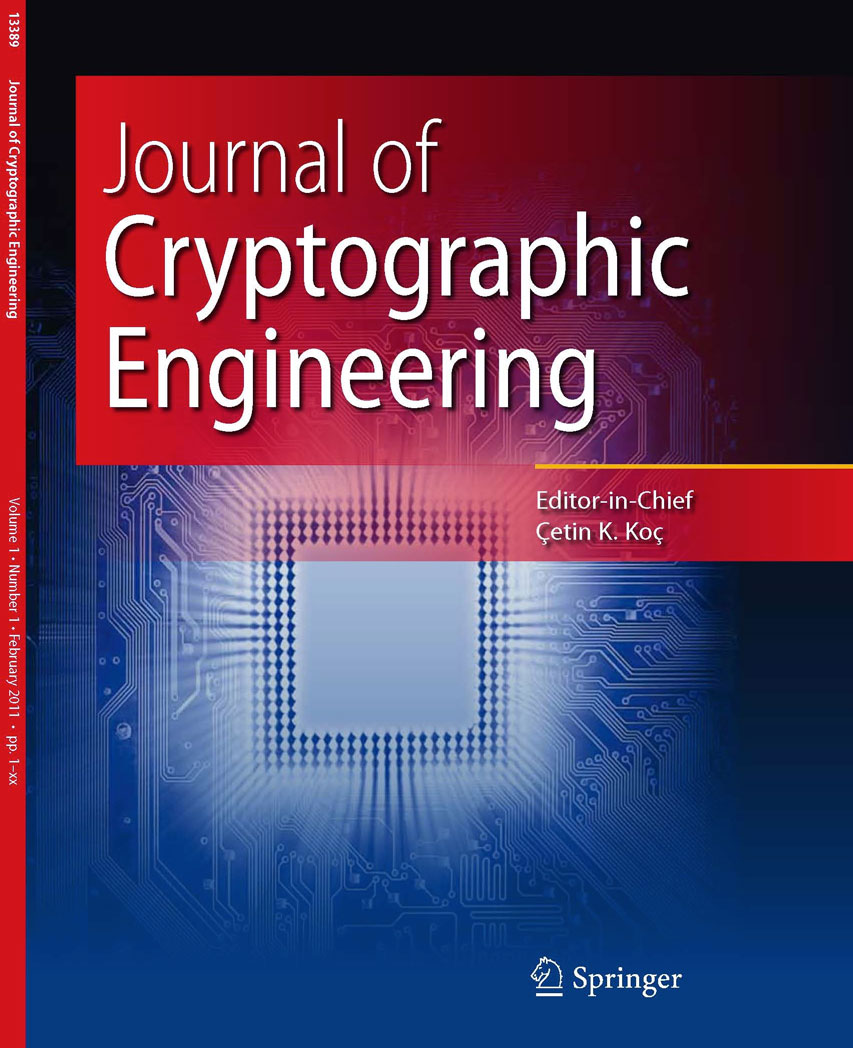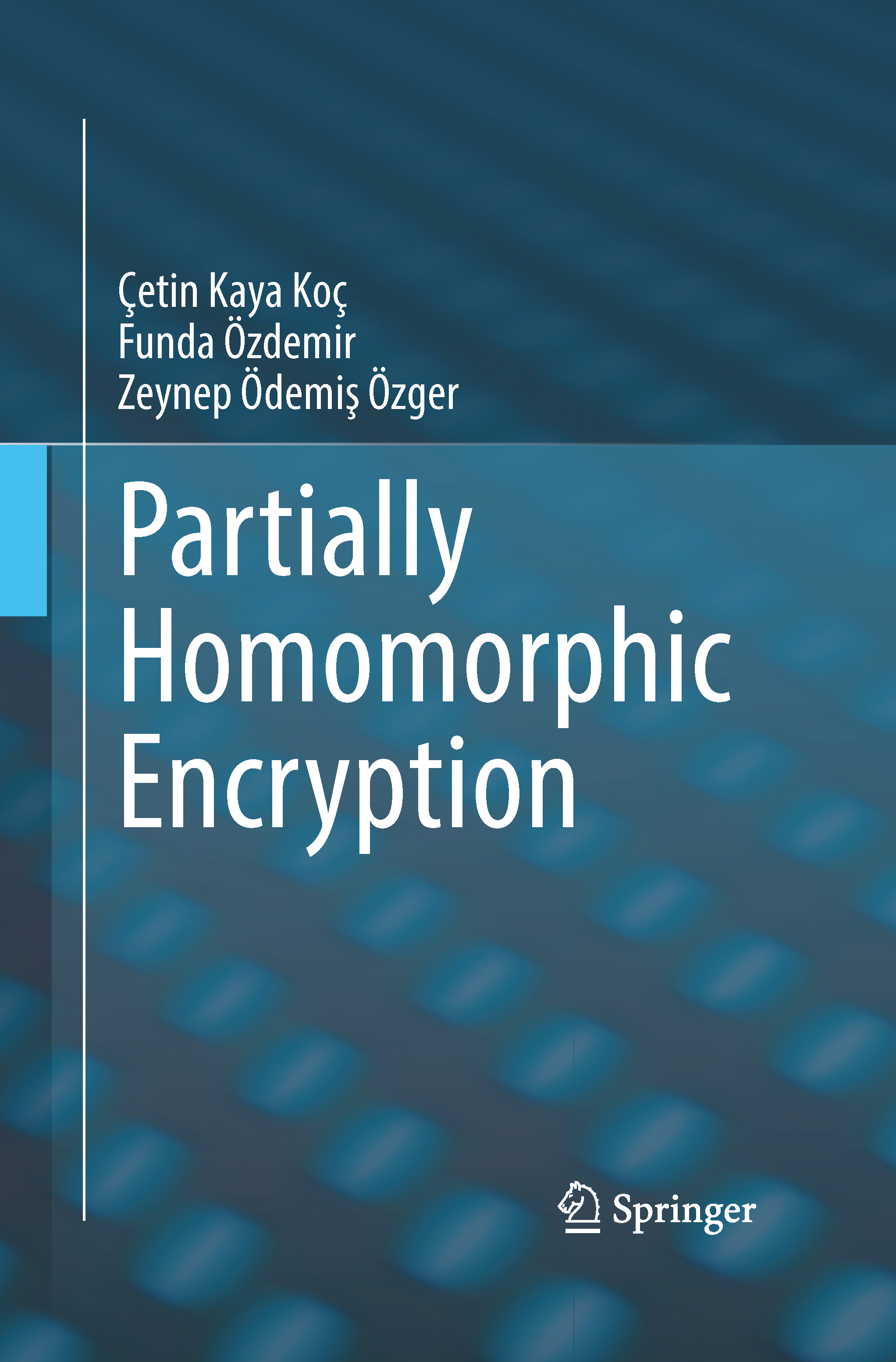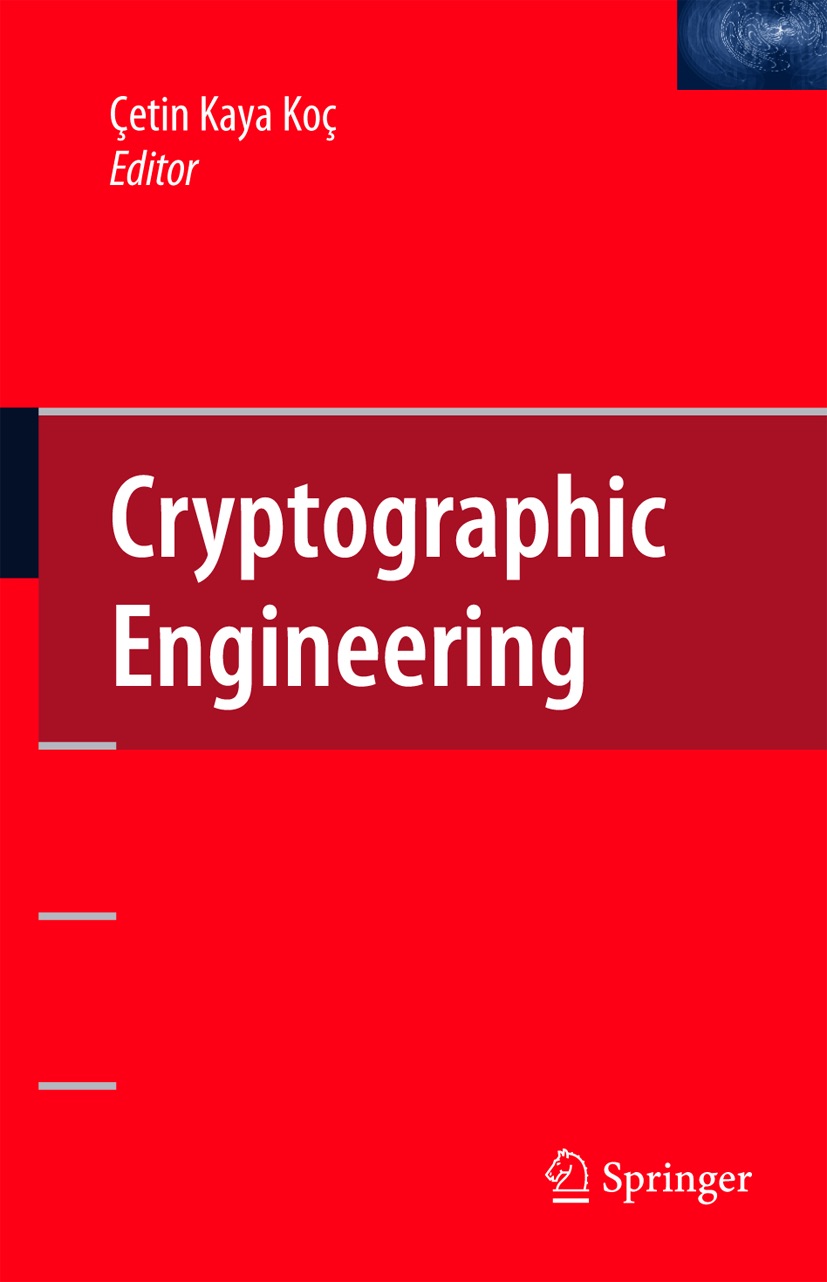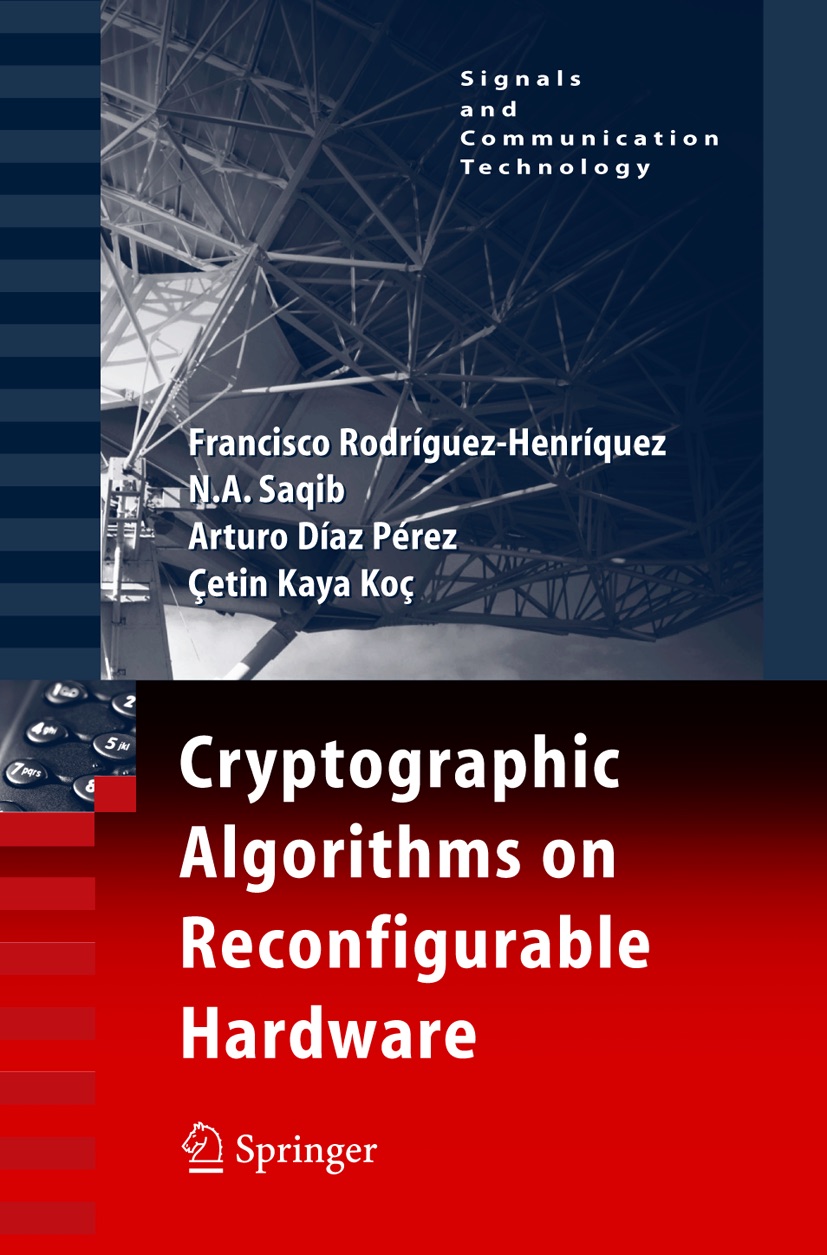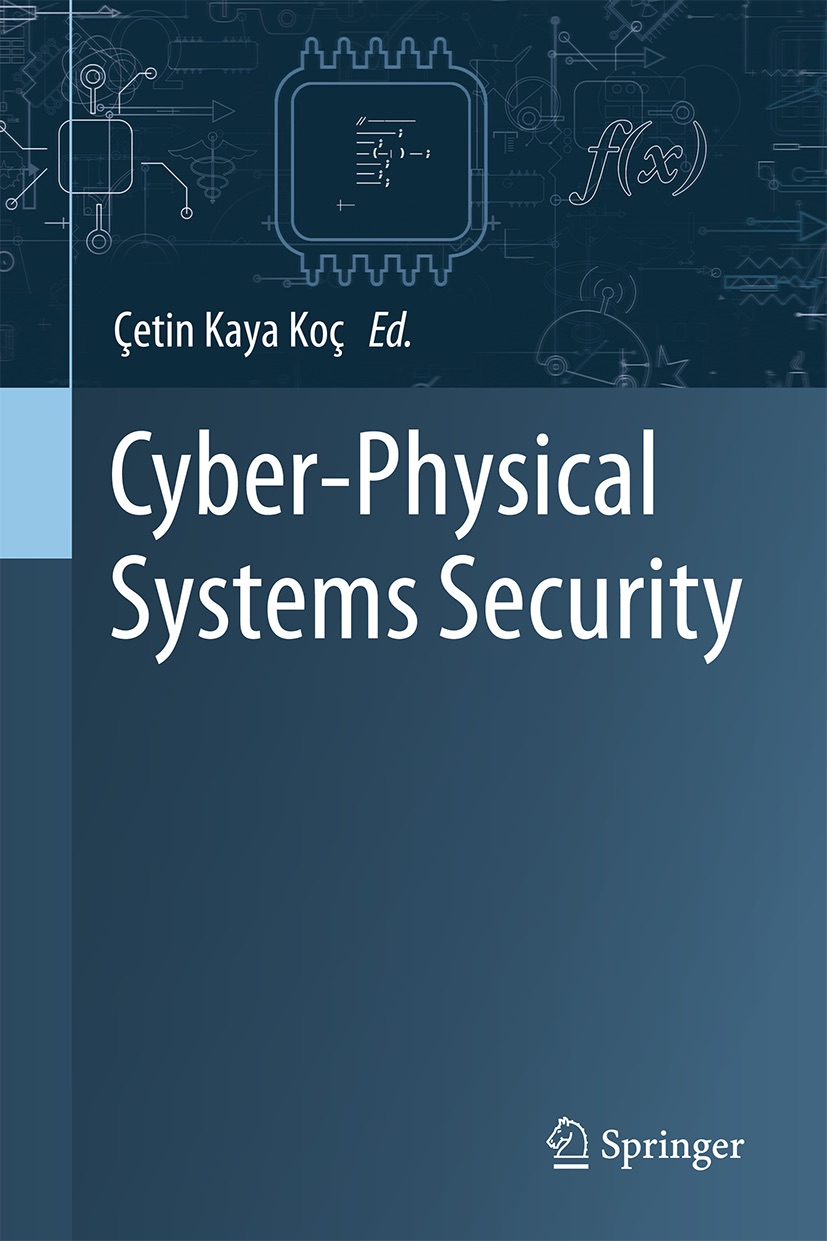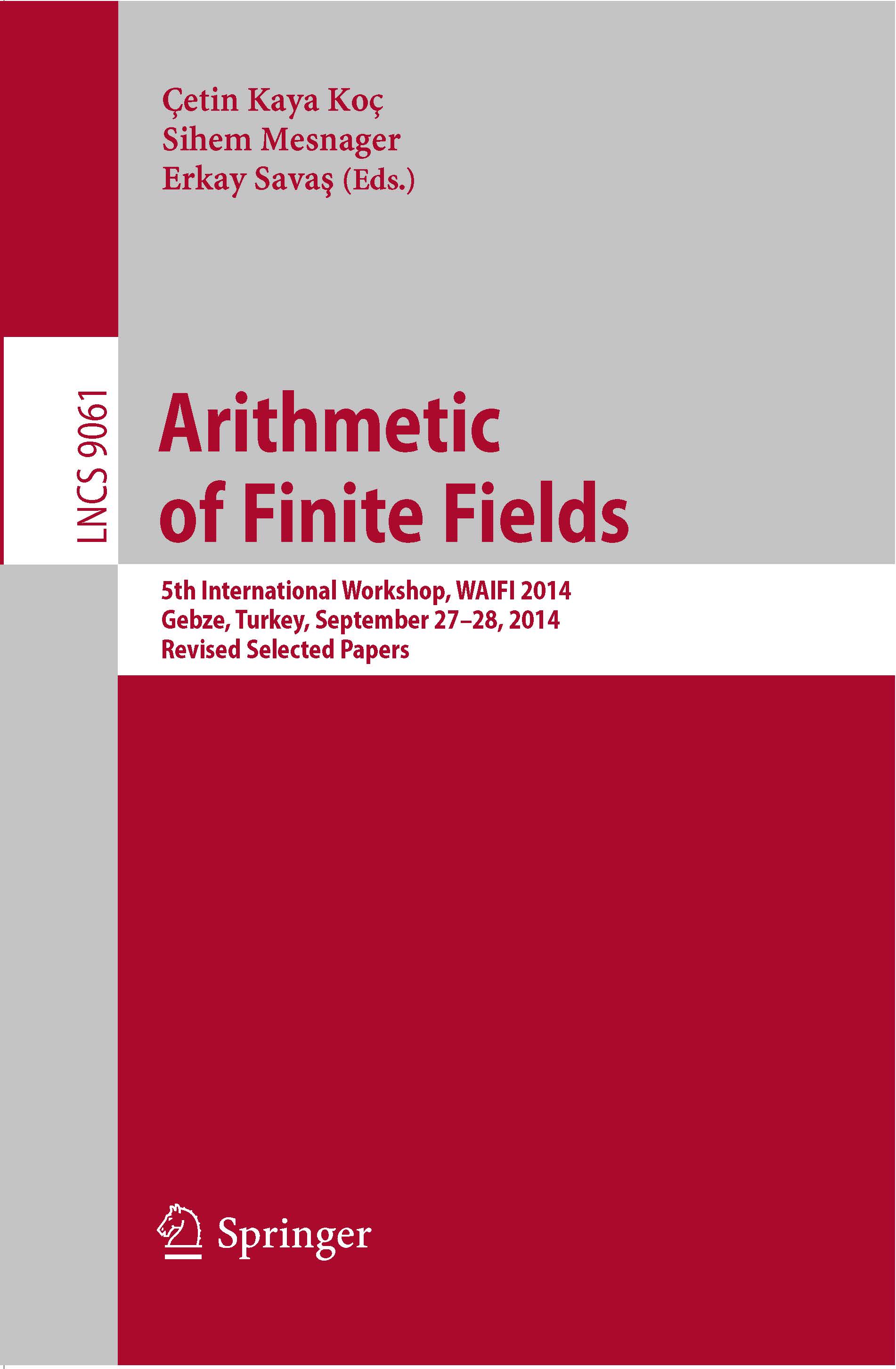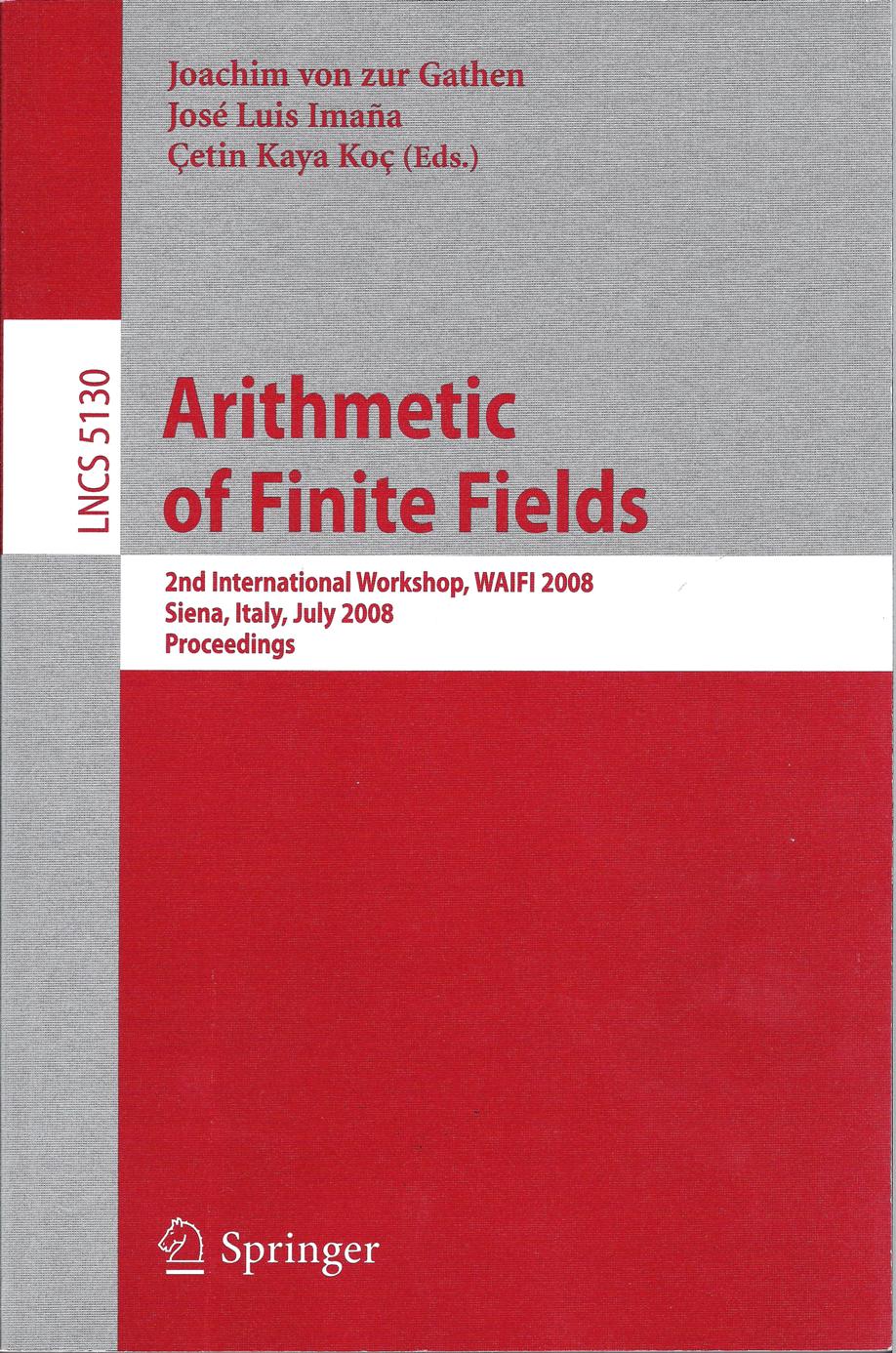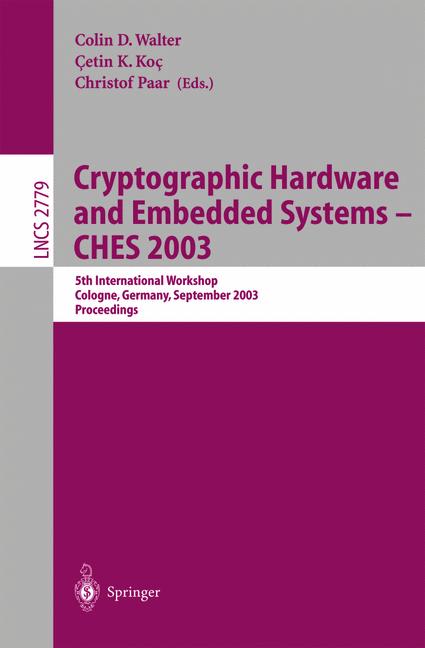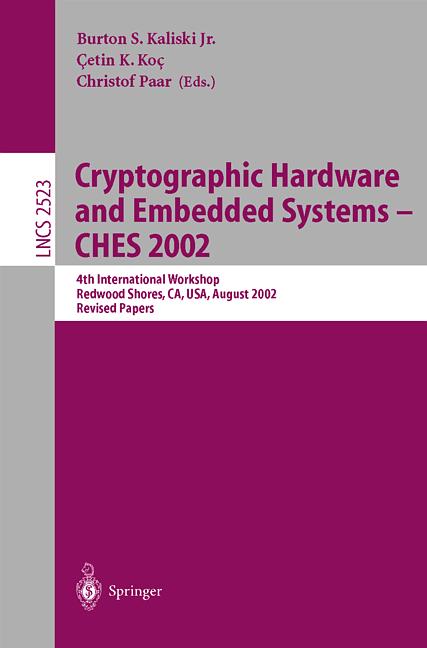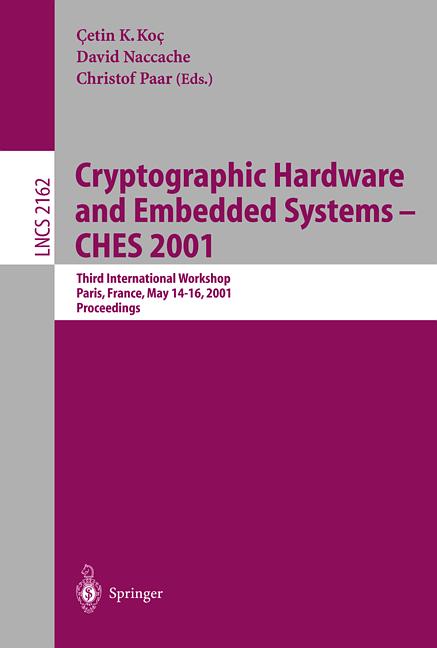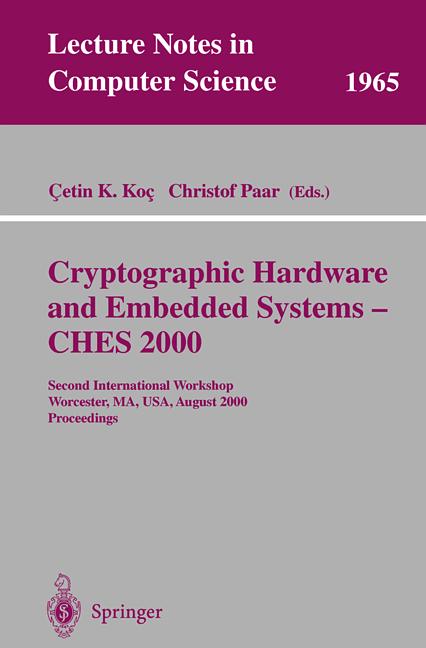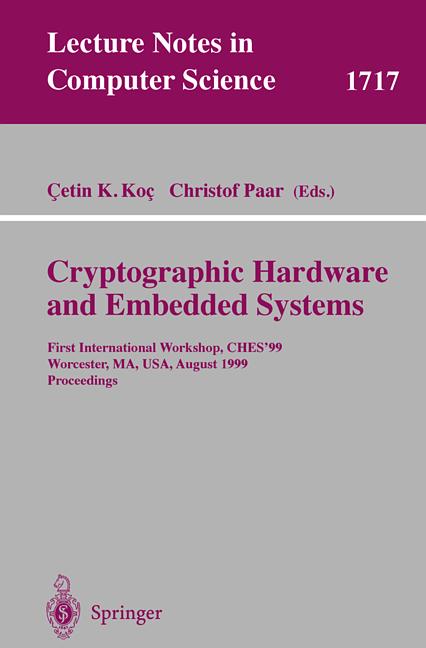|
The field of Machine Learning (ML) concentrates on the design of algorithms and architectures that are based on biologically-inspired models of learning. It is an interdisciplinary subject that encompasses biology, physics, mathematics, computer science, and electronics engineering in order to design artificial neural systems, whose physical architecture and design principles imitate those of biological nervous systems.
We pursue research in Machine Learning, particularly in Reinforcement Learning (RL) which is a behavioral machine learning method based on a neural network that learns as it interacts with its environment and other agents. A sequence of successful outcomes will be reinforced to develop the best recommendation or policy for a given problem. We develop methods for efficient and interpretable autonomy from the context of deep reinforcement learning. From the efficiency perspective, we study the impacts of mathematical inference optimizations and develop reinforcement learning algorithms which are robust to the "noise" caused by inference optimization. From the interpretability perspective, we develop visualization methods for understanding what aspects of a observation caused particular actions to be taken by a vision-based reinforcement learning agent.
We recently received funding for research in reinforcement
learning and cyber-physical systems security is funded by
the Turkish Scientific Research Council (TÜBİTAK) within their
International Fellowship for Outstanding Researchers
Program. The project started in January 2020, entitled "Continuous-Time Computational Aspects of Cyber-Physical
Safety and Security".
Selected Publications
- S. Green, C. M. Vineyard, R. Helsinki, and Ç. K. Koç.
RAPDARTS: Resource-aware progressive differentiable architecture search.
International Joint Conference on Neural Networks (IJCNN),
Glasgow, UK, July 19-24, 2020.
pdf
- S. Green, C. M. Vineyard, W. M. Severa, and Ç. K. Koç.
Benchmarking event-driven neuromorphic architectures.
International Conference on Neuromorphic Systems (ICONS),
Knoxville, Tennessee, July 23-25, 2019.
pdf
- J. Luo, S. Green, P. Feghali, G. Legrady, and Ç. K. Koç.
Visual diagnostics for deep reinforcement learning policy development.
NVIDIA GPU Technology Conference (GTC),
San Jose, California, March 18-21, 2019.
pdf
- S. Green, C. M. Vineyard, and Ç. K. Koç.
Mathematical Optimizations for Deep Learning.
Cyber-Physical Systems Security,
Ç. K. Koç, editor, pages 69-92,
Springer, 2018.
pdf
- J. Luo, S. Green, P. Feghali, G. Legrady and Ç. K. Koç.
Reinforcement Learning and Trustworthy Autonomy.
Cyber-Physical Systems Security,
Ç. K. Koç, editor, pages 191-217,
Springer, 2018.
pdf
- S. Green, C. M. Vineyard, and Ç. K. Koç.
Impacts of mathematical optimizations on reinforcement learning
policy performance.
International Joint Conference on Neural Networks (IJCNN),
Rio de Janeiro, Brazil, July 8-13, 2018.
pdf
- S. Green, İ. Çiçek, and Ç. K. Koç.
Continuous-time computational aspects of cyber-physical security.
Workshop on Fault Diagnosis and Tolerance in Cryptography,
pages 59-62, Santa Barbara, CA, August 16, 2016.
pdf
→
Cryptographic Engineering
|



